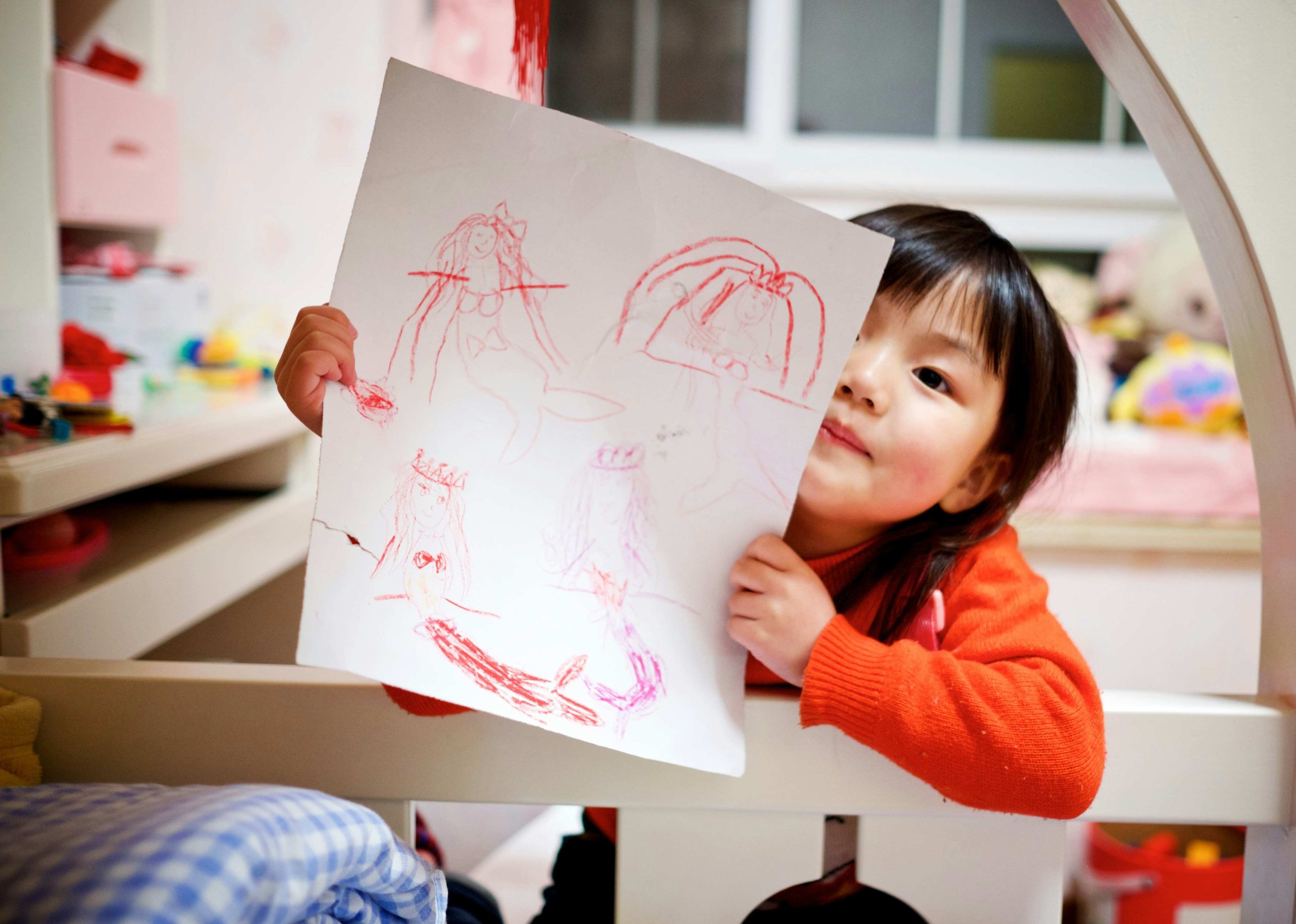
The Importance of Basic Skills for Your Child’s Preschool Readiness
Understanding Basic Skills
Basic skills are fundamental for learning, serving as building blocks for more complex tasks. These skills encompass:
- Language and communication
- Social and emotional development
- Physical development
- Cognitive development
These skills are interconnected and develop concurrently.
Why Basic Skills Matter for Preschool Readiness
Preschool is a crucial period for learning and growth. Basic skills are vital for maximizing the preschool experience, facilitating:
- Language and communication for expressing needs and making friends
- Social and emotional skills for adapting and cooperating
- Physical abilities for engaging in activities and fine motor development
- Cognitive capabilities for learning new concepts and problem-solving
Recognizing Signs of Preschool Readiness
Signs that indicate your child is ready for preschool include proficiency in:
- Language and communication
- Social and emotional development
- Physical skills
- Cognitive abilities
It’s essential to consider individual differences and consult professionals if uncertain.
Supporting Your Child’s Basic Skills Development
At home, you can foster your child’s basic skills by:
- Reading daily to enhance language and communication
- Encouraging social interactions with peers
- Promoting physical activity and fine motor skills
- Engaging in cognitive activities like counting and sorting
- Modeling positive behavior and language
Common Concerns About Preschool Readiness
Parents often have questions about preschool readiness:
- Age eligibility
- Transition to primary school
- Safety and happiness in preschool
- Alternatives to preschool
Addressing these concerns involves considering individual needs and exploring available options.
Recognizing Signs of Unreadiness for Preschool
Some signs that a child may not be ready for preschool include:
- Separation anxiety
- Difficulty with routines
- Poor social skills
- Limited language or communication abilities
- Health or developmental concerns
Seeking professional guidance can help address these challenges.
Actions to Take if Your Child Isn’t Ready
If your child isn’t ready for preschool, focus on:
- Developing basic skills at home
- Exploring other early learning opportunities
- Collaborating with healthcare providers
- Reassessing readiness periodically
Patience and support are crucial for your child’s development.
Conclusion
Deciding on preschool readiness involves considering basic skills, individual readiness, and available support. By nurturing your child’s development and seeking guidance as needed, you can make the best choice for their educational journey.


